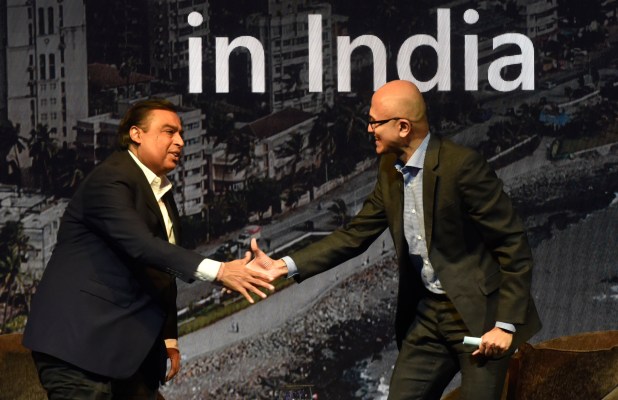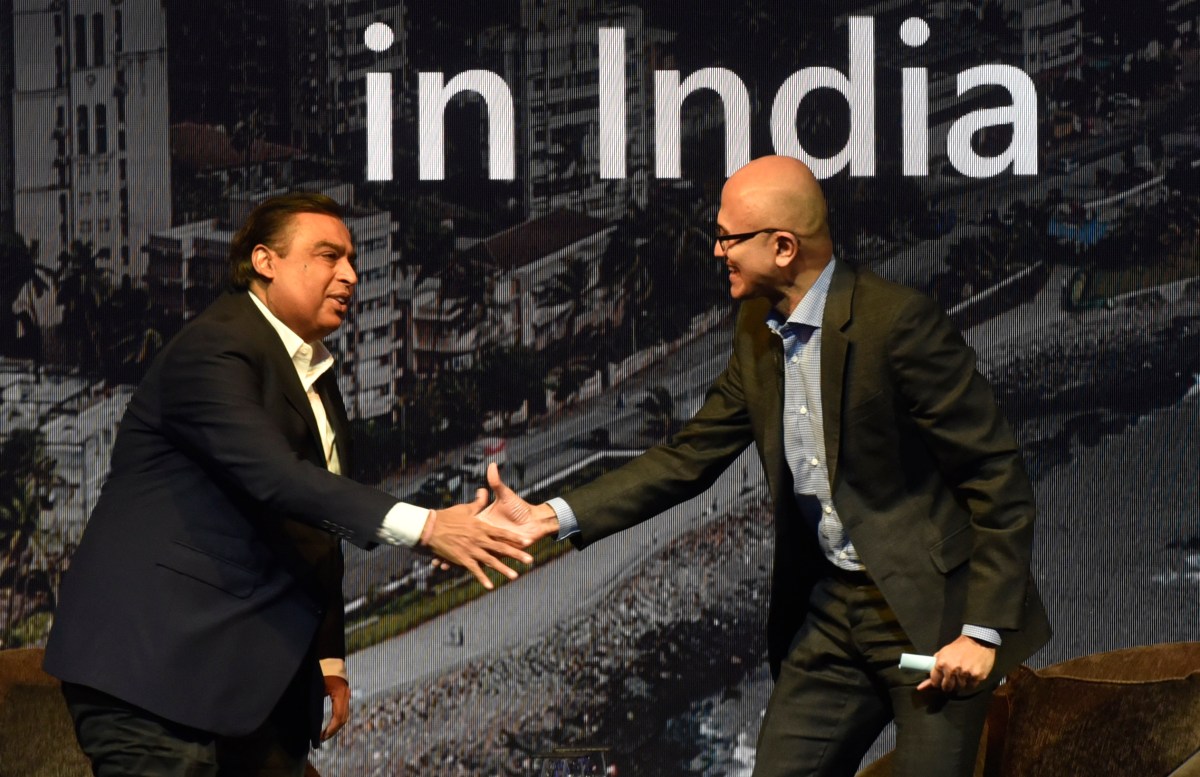
Telecom operators in India are urging internet companies to compensate for using their networks, a recommendation they’ve made to the local regulatory body, echoing a viewpoint that is gaining some momentum in other parts of the world.
Jio, India’s largest telecom operator with 450 million subscribers, said it wants internet companies to “contribute” towards telecom network costs based on the traffic they consume, their turnover and number of users.
“We suggest that TRAI [India’s telecom regulator] should recommend for OTT providers contributing in the network development and building a backbone for the country. In this effort, the Other OTT service providers should also be required to pay their fair share,” said the unit of Reliance, which is run by Asia’s richest man Mukesh Ambani.
Reliance contends that requiring internet companies to compensate for network usage will ensure a level playing field.
Airtel and Vodafone-Idea, two of the major telecom players in the country, concur with their leading competitor. Airtel, has however, proposed that only the largest users of the internet infrastructure should bear the costs of network usage, allowing smaller startups to thrive unhindered.
India is one of the world’s largest wireless markets but average revenue per user is fairly low in the South Asian market. The telecom firms recently acquired a license to use the 5G airwaves for $19 billion and are hoping that the regulator intervenes to boost their margins.
Their comment is in response to a consultation paper by Telecom Regulatory Authority of India. Critics, such as Nikhil Pahwa from Medianama, caution that adopting the suggestions of telecom networks would breach principles of net neutrality. Nearly ten years ago, Pahwa was instrumental in raising awareness about potential violations of net neutrality when Meta tried to introduce Free Basics in the country.
Many tech companies, via industry associations, have also criticized the suggestions of network operators, emphasizing that their services have bolstered telco revenues. They also caution that if they are forced to cover network costs, it could potentially lead to reduced investments in innovation and might shift the burden of these costs onto the consumers.
“A mandatory / mandated collaborative framework between OTT service providers and licensed TSPs may lead to the creation of a system where TSPs can demand compensation from OTT service providers in the form of revenue sharing or network usage fees,” said Asia Internet Coalition, an industry association group that represents some of the biggest tech companies including Apple, Amazon, Microsoft, Google, Meta and Netflix.
“This will impact net neutrality and consumer well-being in the long run. More importantly, a revenue sharing or network usage fees model will likely violate the principle of net neutrality.”
More to follow.










